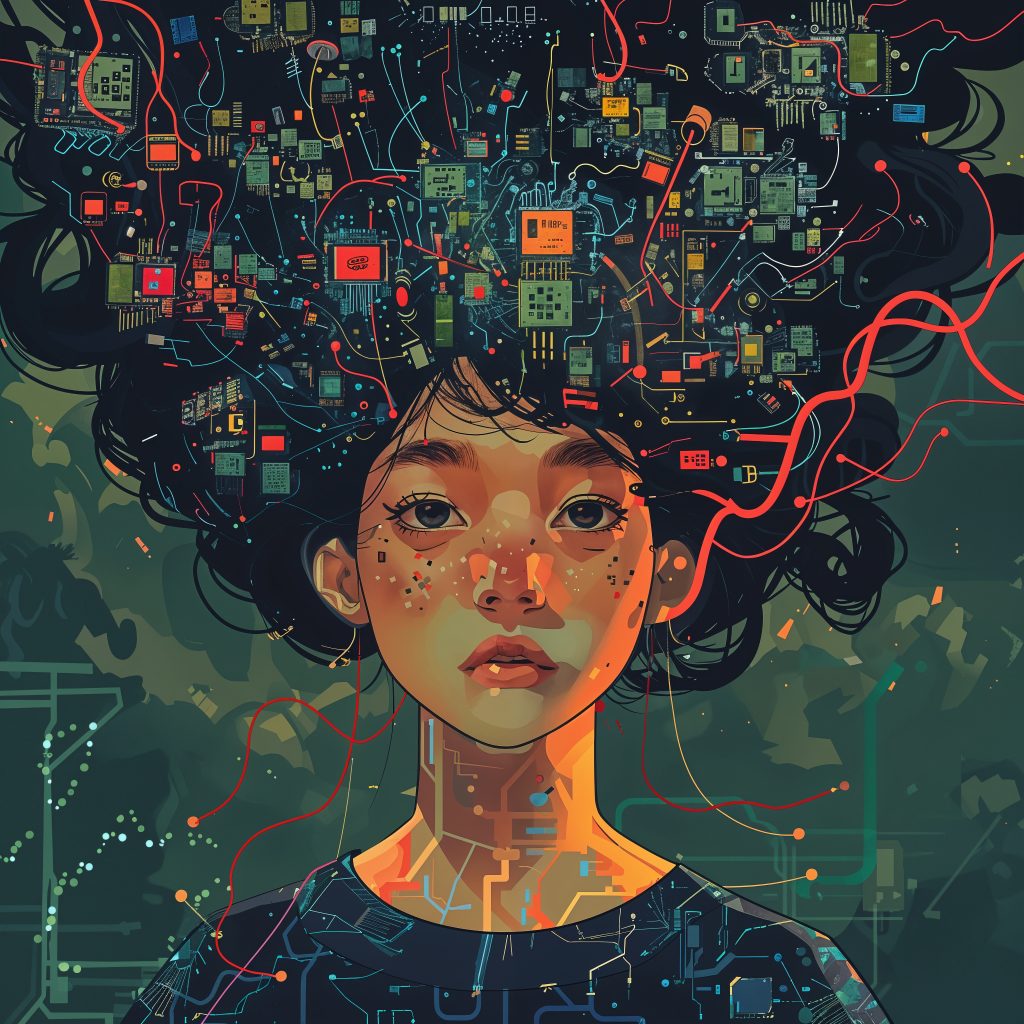In today’s fast-moving world, success depends less on what you know and more on how you think. From education systems adjusting to new learning models to professionals navigating hybrid work environments, the ability to reflect on one’s own thinking—metacognition—is becoming essential. While once considered an academic term, the role of metacognition in modern life is emerging as a vital tool for decision-making, learning, and mental clarity.
The growing conversation around self-regulated learning, emotional intelligence, and digital mindfulness all points back to one core idea: metacognitive awareness shapes behavior. As both individuals and societies grapple with information overload, polarizing content, and shifting cultural norms, knowing how we think may matter more than ever.

What Is Metacognition?
Metacognition, simply put, is “thinking about thinking.” The term was introduced by developmental psychologist John Flavell in the 1970s to describe a person’s awareness of their own cognitive processes. It includes:
-
Metacognitive Knowledge: Awareness of your own learning strategies, tasks, and goals.
-
Metacognitive Regulation: The ability to monitor and adjust your thinking to improve outcomes.
This involves planning how to approach a task, checking your understanding during the process, and evaluating the result afterward. In short, metacognition helps people become more intentional about how they learn, work, and make decisions.
Why Metacognition Is Gaining Traction in Education & Society
1. Self-Directed Learning Is on the Rise
With the explosion of online learning platforms and remote education, students and professionals are increasingly expected to manage their own learning. Platforms like Coursera, Khan Academy, and Skillshare don’t just teach content—they assume learners will apply the right strategies to retain it.
Metacognition supports this shift. Research from The Journal of Educational Psychology shows that students with strong metacognitive skills tend to perform better in self-paced and remote learning environments [1]. They know when they’re confused, how to seek clarity, and how to regulate their study habits over time.
2. Decision Fatigue and Digital Overload
Modern life involves more choices than ever—from what to eat to what to read, watch, or believe. According to a 2023 study from the Pew Research Center, over 70% of Americans report feeling overwhelmed by the volume of daily information they encounter [2].
Metacognition offers a way to filter out noise by encouraging people to examine the source, intent, and impact of what they consume. It provides the mental pause needed to distinguish useful information from distraction.
3. Shifting Workplace Expectations
The hybrid work era demands more autonomy. Employees are not just expected to complete tasks—they’re expected to manage workflows, set boundaries, and communicate across platforms. Employers are beginning to value not just technical skills, but the ability to self-monitor, adjust, and reflect.
According to a 2024 report by McKinsey & Company, organizations that offer metacognitive training for leaders see a measurable improvement in decision quality and team performance [3]. The skill is no longer limited to classrooms—it’s migrating into boardrooms.
The Role of Metacognition in Everyday Life
Metacognition is not just for students or professionals. It’s an everyday skill that improves how people interpret experiences, solve problems, and manage emotions.
1. Improving Emotional Regulation
When individuals become aware of how they think during emotional events, they’re better equipped to manage reactions. Metacognitive reflection helps people:
-
Pause before responding
-
Recognize thinking traps (like catastrophizing or overgeneralizing)
-
Choose actions more deliberately
2. Navigating Conflicting Opinions
In a time of increasing ideological polarization, being able to question your own assumptions is crucial. Metacognition supports intellectual humility and encourages people to reflect on why they believe what they believe.
This doesn’t just improve discourse; it reduces stress. People who think metacognitively are less reactive to challenging viewpoints and more open to learning.
3. Building Better Habits
Awareness of thought patterns helps break cycles. Whether it’s procrastination, impulsive spending, or unhealthy routines, identifying how you think during these behaviors can point to effective solutions. Behavior change, after all, begins with cognitive change.
How to Practice Metacognition: A Practical Guide
Metacognitive skills aren’t innate—they can be developed. Here are several ways to integrate metacognitive thinking into daily routines:
1. Use Reflective Questions
Ask yourself:
-
What do I already know about this?
-
What is confusing me?
-
What’s the goal of this task?
-
What strategy can I use next time?
2. Keep a Thought Journal
Write short entries about decision-making moments, mistakes, or new insights. Over time, patterns will emerge, helping you improve your awareness and regulation.
3. Apply the “Think-Aloud” Strategy
This technique, often used by educators, involves verbalizing your thought process during problem-solving. Doing this privately—even mentally—can reveal unconscious steps and assumptions.
4. Set Cognitive Checkpoints
Before finishing a task or conversation, pause and ask:
-
Did I achieve what I intended?
-
What worked well?
-
What would I change next time?
5. Teach Someone Else
Explaining your thinking to another person clarifies it for you. Teaching forces you to organize thoughts, anticipate questions, and evaluate your understanding.
Metacognition and Artificial Intelligence: A New Frontier
As AI tools become more prevalent—from recommendation engines to automated decision-making—metacognition serves as a human counterbalance. Being aware of how technology is shaping your thoughts is now part of thinking clearly.
In educational settings, AI-powered tutors are being tested to provide metacognitive feedback, helping learners understand not just what they got wrong, but why. For example, Carnegie Learning’s MATHia platform incorporates metacognitive prompts that guide students to evaluate their own strategies rather than just retry the problem.
In society more broadly, awareness of algorithmic influence—such as on social media feeds or hiring platforms—is critical. The better people understand their cognitive blind spots, the less susceptible they are to automated manipulation.
Why It Matters for the Future
The role of metacognition in modern life is no longer optional. As society becomes more complex, adaptive thinking is the skill that underpins all others. Whether it’s managing digital distractions, fostering better learning environments, or making thoughtful choices, metacognition is the engine behind meaningful action.
It’s not just about getting smarter—it’s about getting wiser.









